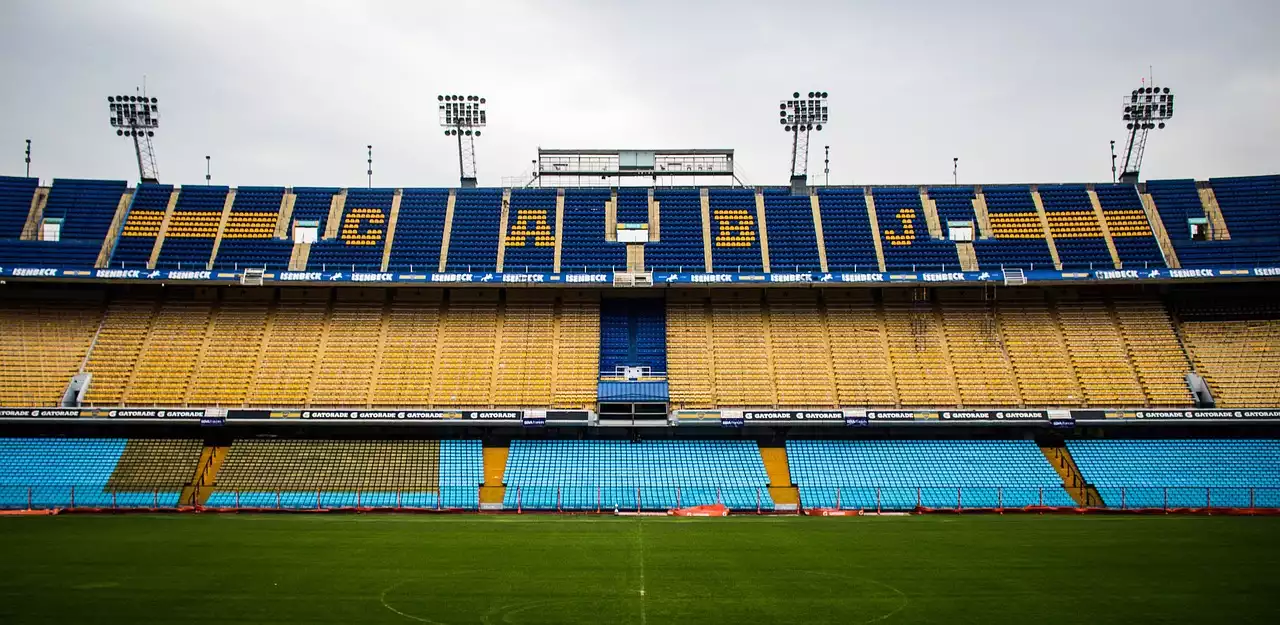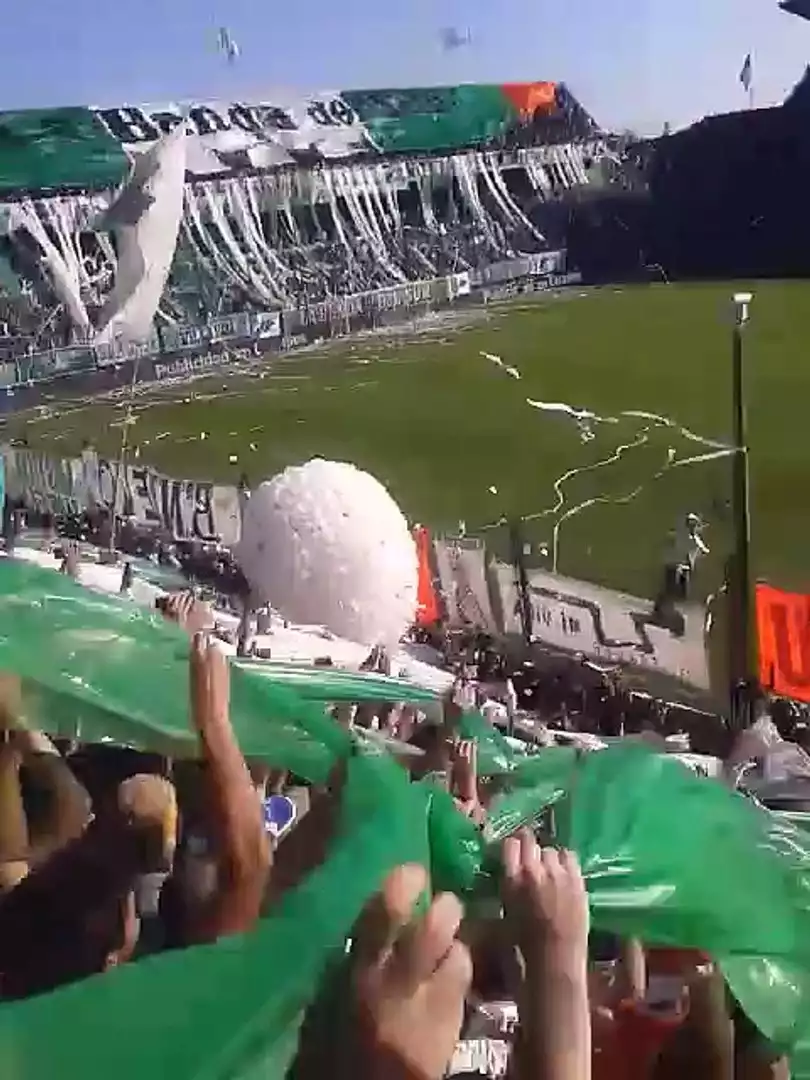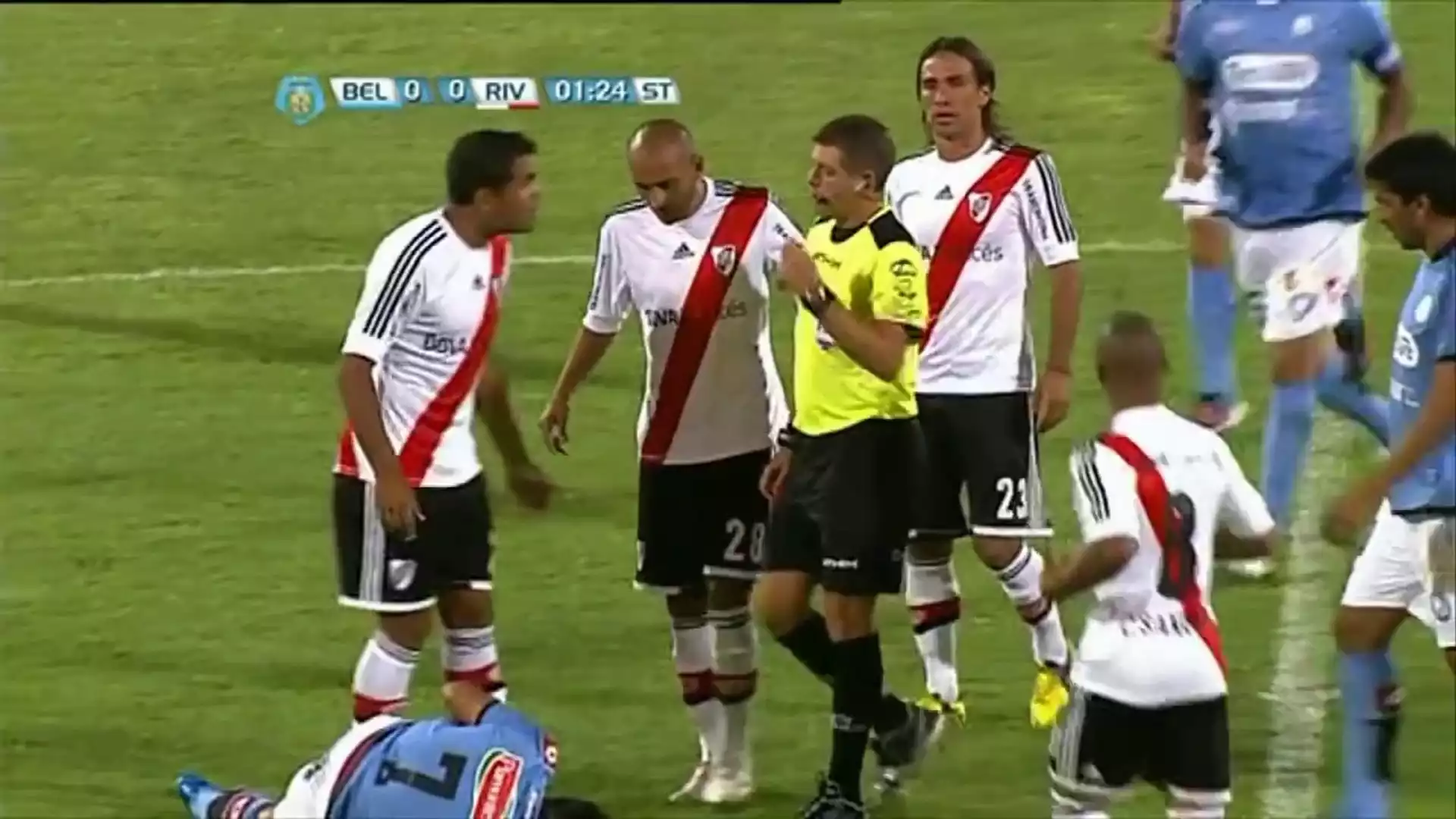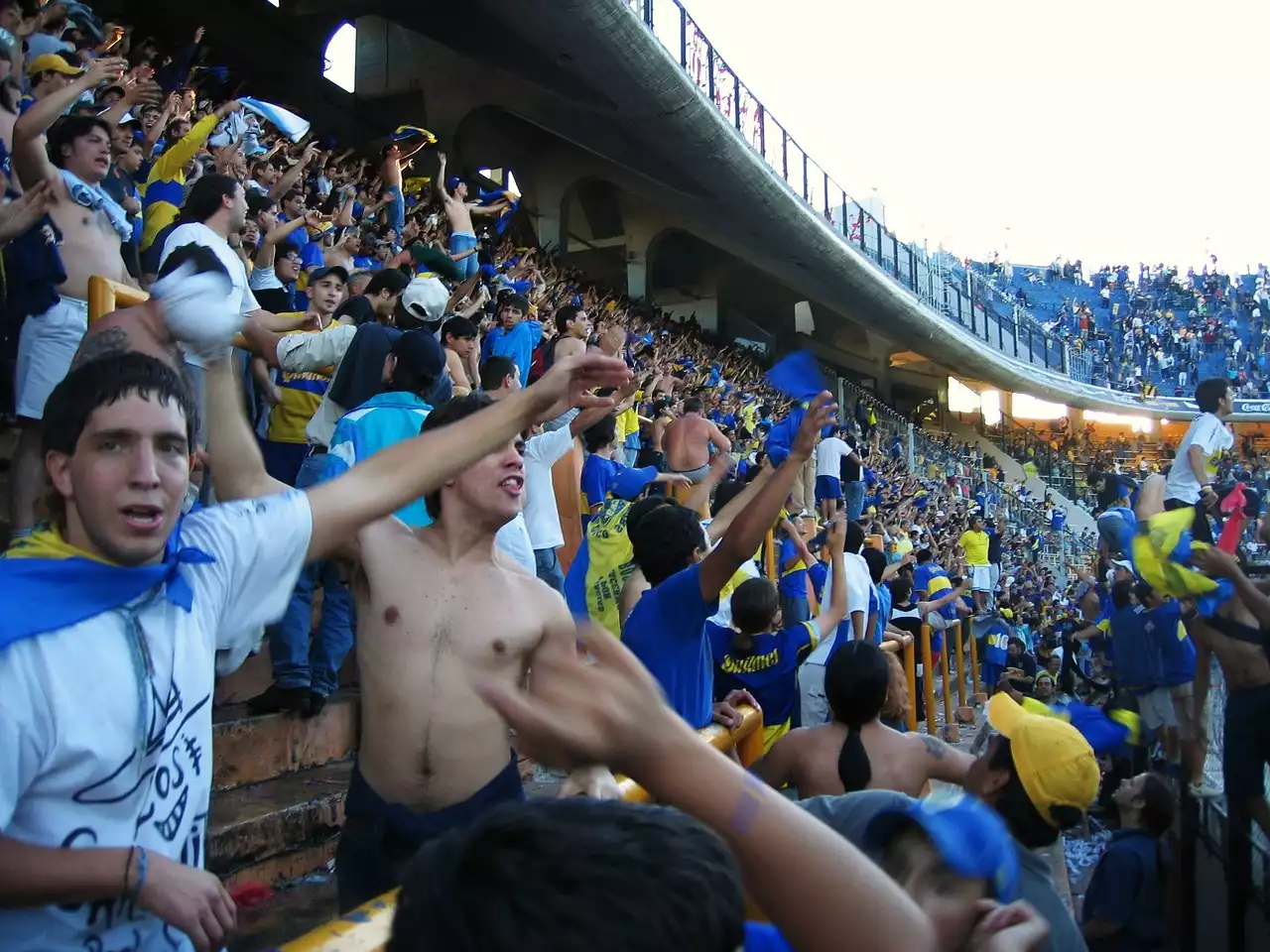Early years and founding of Independiente
Independiente was founded on January 4, 1905, in the city of Avellaneda, Buenos Aires. A group of young football enthusiasts, led by Fernando Ameal, came together with a shared dream of establishing a club that would represent their local community. The club's name was chosen to reflect the spirit of independence that characterized the people of Avellaneda. In its early years, Independiente struggled to make a mark in Argentine football, but the dedication and determination of its players and supporters laid the foundation for future success.
One of the pivotal moments in the club's early history came in 1922 when Independiente secured its first league title. Led by legendary goalkeeper Américo Tesoriere and prolific striker Vicente de la Mata, the team showcased their talent and determination, setting a precedent for future generations. This victory ignited a fire within the club, propelling them towards a period of dominance that would define their legacy. Independiente's rise to prominence was just beginning.
Rise to dominance in the 1960s and 1970s
The 1960s and 1970s marked a golden era for Independiente, as they established themselves as a force to be reckoned with both domestically and internationally. Under the guidance of charismatic coach Osvaldo Zubeldía, El Rojo embarked on a remarkable journey of success, winning an unprecedented seven consecutive league titles from 1963 to 1969. This unparalleled streak of triumphs cemented Independiente's status as the dominant force in Argentine football.
During this period, Independiente also made their mark on the international stage, winning their first Copa Libertadores title in 1964. Led by captain Jorge Solari and the prolific scoring duo of Raúl Bernao and Osvaldo Mura, Independiente defeated Nacional of Uruguay in a thrilling final. This victory marked the beginning of their reign as the "Kings of South American football," as they went on to win the prestigious tournament a total of seven times, more than any other club in history.
The legendary players of Independiente
Independiente's success throughout its history can be attributed to the countless legendary players who have donned the red jersey. From the early years of Arsenio Erico, who holds the record for the most goals scored in a single season in Argentine football, to the modern-day stars like Sergio Agüero, Independiente has been a breeding ground for talent.
Erico's scoring prowess was unmatched, and his partnership with Antonio Sastre formed the backbone of Independiente's attacking force in the 1930s. The duo terrorized opposing defenses, propelling the club to multiple titles. Another iconic figure in Independiente's history is Ricardo Bochini, who spent his entire career at the club and is considered one of the greatest playmakers in Argentine football. Bochini's vision, technique, and ability to control the game made him a fan favorite and an integral part of Independiente's success.
Success in international competitions
Independiente's dominance extended beyond domestic competitions, as they became a force to be reckoned with in international tournaments. The club's success in the Copa Libertadores is unparalleled, with a total of seven titles under their belt. These victories came against some of the strongest teams in South America, solidifying Independiente's reputation as a continental powerhouse.
One of the most memorable triumphs came in 1973 when Independiente faced fierce rivals River Plate in the final. The two-legged tie ended in a 1-1 draw, forcing a playoff match. In front of a packed stadium, Independiente emerged victorious, winning 2-1 and securing their fifth Copa Libertadores title. This victory not only showcased the team's skill and resilience but also added another chapter to the historic rivalry between the two clubs.
Decline and struggles in the 1990s and 2000s
The 1990s and early 2000s proved to be a challenging period for Independiente, as the club struggled to maintain its previous level of success. Financial difficulties, mismanagement, and a lack of investment resulted in a decline in performance on and off the field. Independiente found themselves battling relegation and facing an uncertain future.
During this period, the club underwent several managerial changes in an attempt to find stability and revive their fortunes. However, it wasn't until the appointment of coach Américo Gallego in 2002 that Independiente began to show signs of resurgence. Gallego's leadership and tactical acumen breathed new life into the team, leading to a gradual improvement in results.
Recent successes and resurgence of Independiente
In recent years, Independiente has experienced a resurgence, reclaiming its status as one of Argentine football's powerhouses. Under the guidance of coach Ariel Holan, the team displayed a renewed sense of purpose and an attractive style of play. In 2017, Independiente achieved success on the continental stage once again by winning the Copa Sudamericana, the second-most prestigious club competition in South America.
This victory not only brought joy to the loyal fans but also provided a platform for the club to rebuild and aim for further success. Independiente continued to make progress, securing qualification for the Copa Libertadores and competing with the best teams in the continent. With a renewed sense of optimism, the future looks promising for El Rojo.
Rivalries and memorable matches
No discussion of Independiente's history would be complete without mentioning their fierce rivalries with other clubs. The Avellaneda derby against Racing Club is one of the most intense and passionate rivalries in Argentine football. The matches between these two clubs are hotly contested, often filled with drama, tension, and unforgettable moments.
Another historic rivalry is with River Plate, one of Argentina's most successful clubs. Matches between Independiente and River Plate have produced some of the most thrilling encounters in Argentine football history. The clash of two giants, each with a rich history and a loyal fan base, creates an atmosphere that is truly electric.
Famous coaches and managers of Independiente
Throughout its history, Independiente has been fortunate to have had some of the most talented and successful coaches in Argentine football. From Osvaldo Zubeldía, who led the team to their remarkable streak of league titles in the 1960s, to Américo Gallego, who oversaw the club's resurgence in the early 2000s, these managers have played a crucial role in shaping Independiente's legacy.
Another influential figure in the club's history is César Luis Menotti, who guided Independiente to success both domestically and internationally. As a manager with a strong focus on attacking football and player development, Menotti left a lasting impact on the club and helped maintain its reputation for nurturing young talent.









